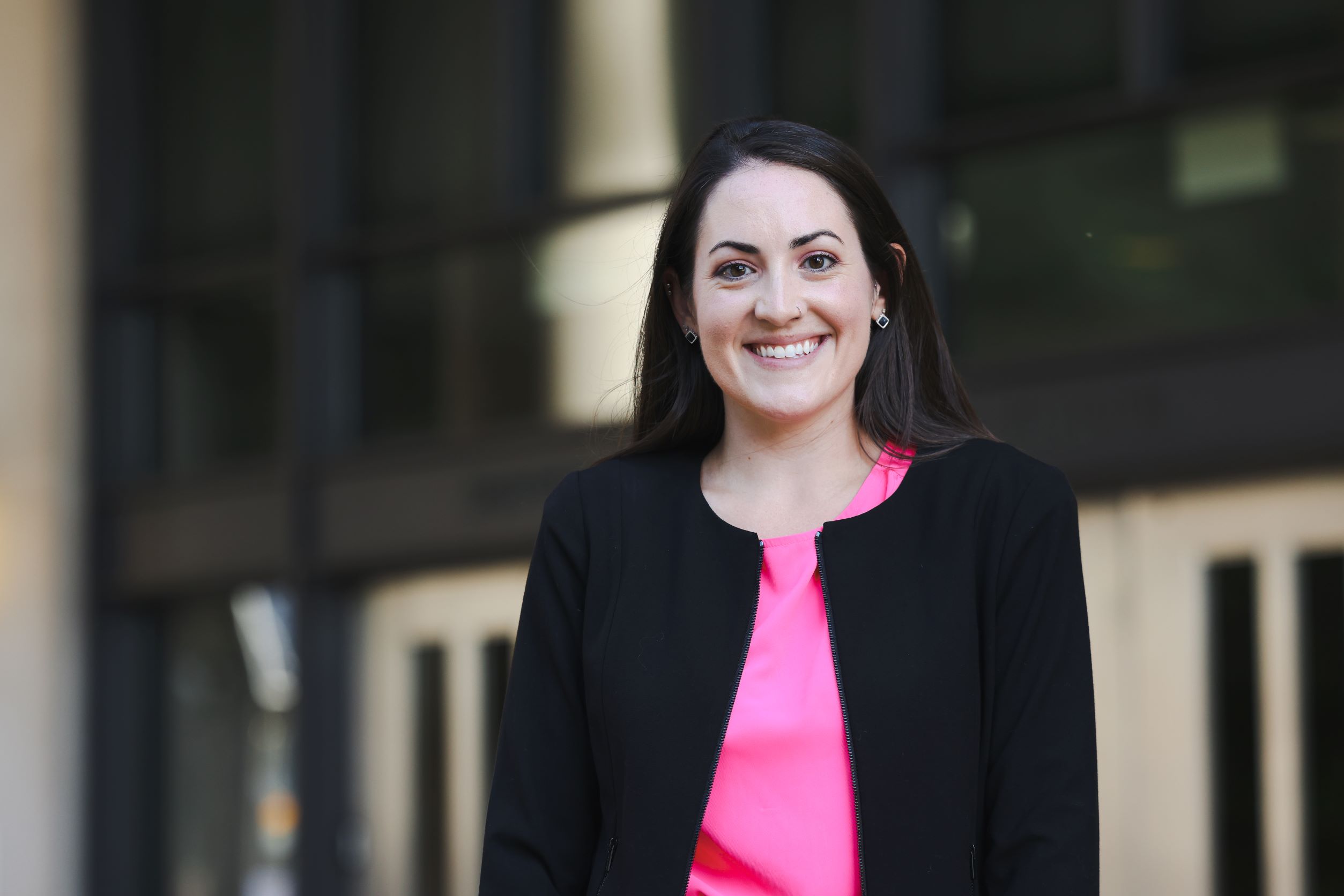By Jennifer Bonniwell
It’s never too early for law school applicants to turn their focus to the financial aid process. While obtaining financial aid may seem like yet another daunting task (after tackling the personal statement, of course) to gaining entry into law school, these tips will help to simplify the process:
1. FAFSA is the First Step
The Free Application for Federal Student Aid (FAFSA) is the first step in applying for federal student aid. FAFSA becomes available each year on January 1. You can fill out a new FAFSA even before you complete your law school application, and in fact you should. For example, at Suffolk Law, the financial aid priority deadline is March 1, but first-year admission applications are not due until April 1. You should not wait until you are admitted to apply for financial aid.
2. File the FAFSA Before Filing Your Taxes
You can fill out the FAFSA even before you complete your tax returns. You can use estimated tax information based on last year’s federal return. Once completed, you can update the FAFSA with this year’s tax returns using the IRS data retrieval process as soon as it is available. For electronic tax filers, the service will be able to access tax information two weeks after filing. For paper form tax filers the service is available 6-8 weeks after filing.
3. Check the Financial Aid Deadlines
Be sure to check each school’s financial aid deadlines. Suffolk Law’s priority filing deadline for financial aid applications is March 1. You can still apply for financial aid after the priority deadline, but financial aid funds are awarded on a rolling basis. That means need-based grants will be awarded first to students who are admitted and have a complete financial aid application file by the March 1 priority filing date.
4. Know Financial Aid Requirements
While the FAFSA is something many law students are familiar with to completing from their undergraduate days, it is important to find out if any other forms or applications are required to qualify for aid. Suffolk Law requires FAFSA, but has an optional Suffolk Law Institutional Financial Aid Application for students who want to be considered for institutional aid and endowed grants. The institutional form collects different information and helps to ensure that any need-based funds or grants are distributed equitably.
Jennifer Bonniwell is the Director of Admission at Suffolk University Law School in Boston. For more information about applying for law school financial aid, visit the Suffolk Law’s Applying for Aid webpage.













Follow Us